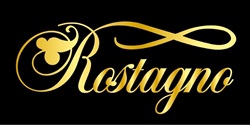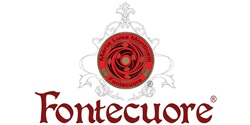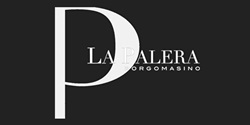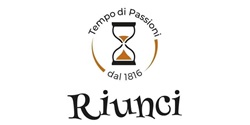Insights from the ProWein 2023 Business Report
DÜSSELDORF – In an era marked by economic turbulence and shifting consumer preferences, the wine industry finds itself at a critical juncture. The latest Business Report commissioned by ProWein and executed by Geisenheim University offers a comprehensive analysis of the current challenges and potential pathways forward for the wine sector. This study, which is the seventh of its kind, canvassed over 2,000 industry insiders globally, encompassing a broad spectrum of roles from wine producers to hoteliers, each providing a unique perspective on the state of the wine industry.
Economic Pressures and Consumer Trends
According to Prof. Simone Loose, Head of the Institute for Wine and Beverage Business at Geisenheim University, the industry is grappling with rising costs and a downturn in demand—a situation exacerbated by a shift towards healthier lifestyles and evolving consumer tastes. The report underscores the necessity for the wine sector to recalibrate its communication strategies to resonate with younger demographics, alongside the imperative to address the oversupply issue to ensure sustainable profitability.
A Glimpse into Industry Sentiments
The mood within the wine industry is notably cautious yet forward-looking, with companies bracing for moderate cost increases in 2024. Despite the economic challenges highlighted, there’s a sense of optimism about the future, buoyed by proactive measures to enhance sales and reduce overheads. The resilience and adaptability of the industry are evident as stakeholders strive to navigate through these turbulent times.
Confronting Current Challenges
The report identifies a quartet of pressing concerns, including the economic downturn, climate change impacts, and the recovery of supply chains post-pandemic. Additionally, it points to the potential threat of health policy regulations on alcohol marketing. Staff shortages, particularly acute among wine merchants, emerge as another significant challenge needing urgent attention.
Strategic Responses to Economic Challenges
To combat rising costs, a majority of companies have resorted to price adjustments, albeit with varying degrees of success due to consumer price sensitivity. Efforts to diversify product offerings and penetrate new markets are among the strategies employed to bolster sales and mitigate financial pressures. Cost optimization remains a critical focus, with significant efforts directed towards more efficient operations without compromising long-term competitiveness.
Market Segment Shifts and Consumption Patterns
The report reveals a notable shift towards more affordable wine segments, reflecting changes in consumer spending power and preferences. A polarization of market segments is anticipated, with expectations of growth at both the lower and higher ends of the market spectrum. The decline in wine consumption is attributed to lower disposable incomes, heightened health consciousness, and a shift towards alternative beverages.
Towards a New Market Equilibrium
Addressing the excess supply issue is critical for restoring market balance. The report suggests a multifaceted approach, including state support for vineyard reduction and strategic efforts to engage younger consumers more effectively. The consensus underscores the importance of innovative marketing and product adaptation to align with evolving consumer expectations and preferences.
Marketing Strategies for the Future
The industry recognizes the need for a more accessible and relatable communication approach to attract new consumers, particularly the younger generation. While there’s some interest in positioning wine as an exclusive premium product, the broader strategy focuses on making wine more understandable and appealing to a wider audience. The necessity for increased marketing investment to compete effectively with other beverage categories is emphasized, highlighting the importance of profitability for sustainable growth.
ProWein’s Role in Industry Collaboration
As the world’s leading wine trade fair, ProWein facilitates critical dialogue and cooperation within the wine industry. The event serves as a vital platform for sharing insights, exploring new trends, and fostering partnerships aimed at addressing the challenges outlined in the report.
Conclusion
The ProWein 2023 Business Report, through its detailed analysis and expert insights, charts a course for the wine industry to navigate its current challenges. By adapting to changing consumer dynamics, embracing innovation, and fostering collaboration, the wine sector can look forward to a resilient and prosperous future. This pivotal moment calls for strategic adjustments and unified efforts to ensure the wine industry continues to thrive in the face of adversity.
Follow this link to download a pdf of the ProWein’s Report
click here to go to ProWein website










